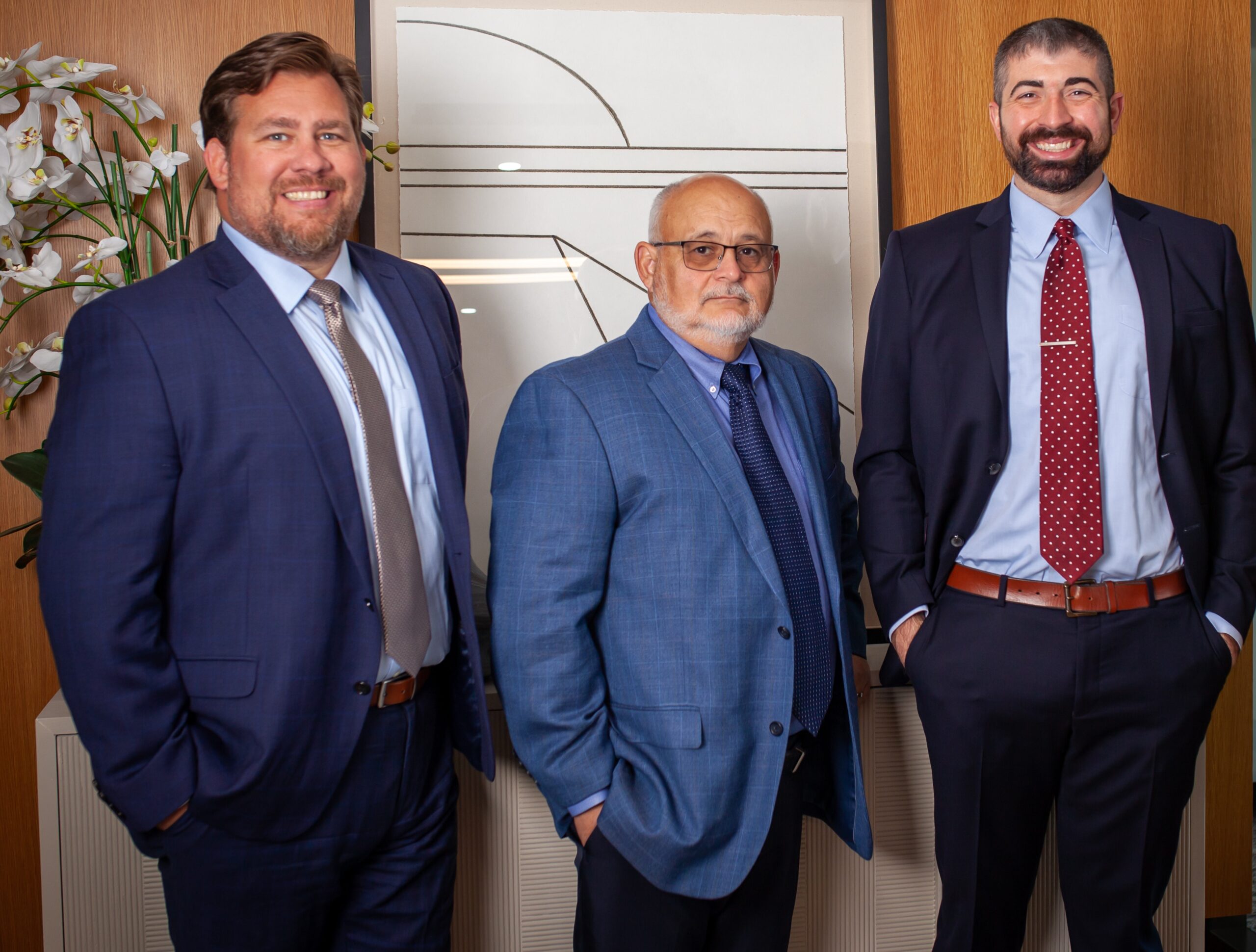M-F 8:30 am to 5 pm

A question we get in estate planning consultations goes something like this: I have a trust, so I don’t have to worry about that right?
The short answer is: maybe. The long, and less satisfying answer, is that we have to read it to find out. It seems that people think a “TRUST” is sort of like a door – you can get them a lot of different places, and they look different, sort of, but they’re really all the same. That is a common misconception that cannot be further from the truth.
What a trust really resembles is a car – there are dozens of types and they all are best suited for different purposes. When someone tells me they want a trust, my first question is what they want it for. Are they worried about long-term care? Probate? Estate tax? Their beneficiaries? Each concern calls for a different type of trust, and while we can combine some goals, we cannot combine others.
Why do we point this out? Because if you have a trust, you need to know what it is there for what it does for you, and more importantly what it does not do for you. You don’t want to find yourself in the situation you thought you had prepared for only to learn that you’ve got the wrong tool for the job. We always recommend that you re-read your estate plan once a year, and every time you or a close family member has a major life event. What you should do every five years, at least, is have your attorney tell you exactly what your trust does and does not do.
If you have a trust and you aren’t sure why, or you have a concern about your estate and you’re not sure how to handle it, please give us a call at (614) 534-1355 or reach out through our website at www.lmcounsel.com.
Ben Worsowicz an Associate at Lardiere McNair, LLC. To read more about our firm, please visit www.lmcounsel.com.
The information presented here has been prepared by Lardiere McNair for promotional and informational purposes only and should not be considered legal advice. This information is not intended to provide, and receipt of it does not constitute, legal advice. Nor does the receipt of this material create an attorney/client relationship. An attorney client relationship is not established until such time as Lardiere McNair enters in to a written engagement agreement with a specific client for a specific legal matter.

"*" indicates required fields
